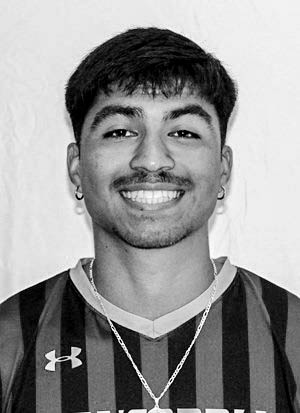
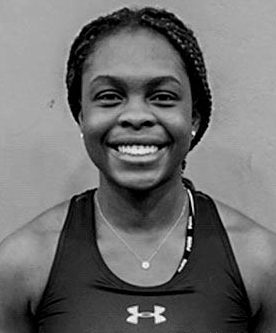
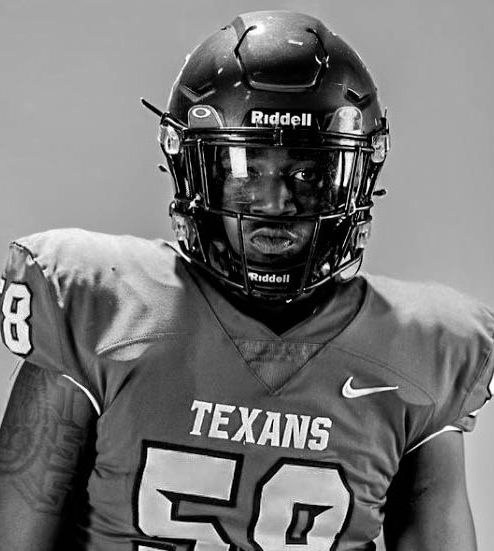
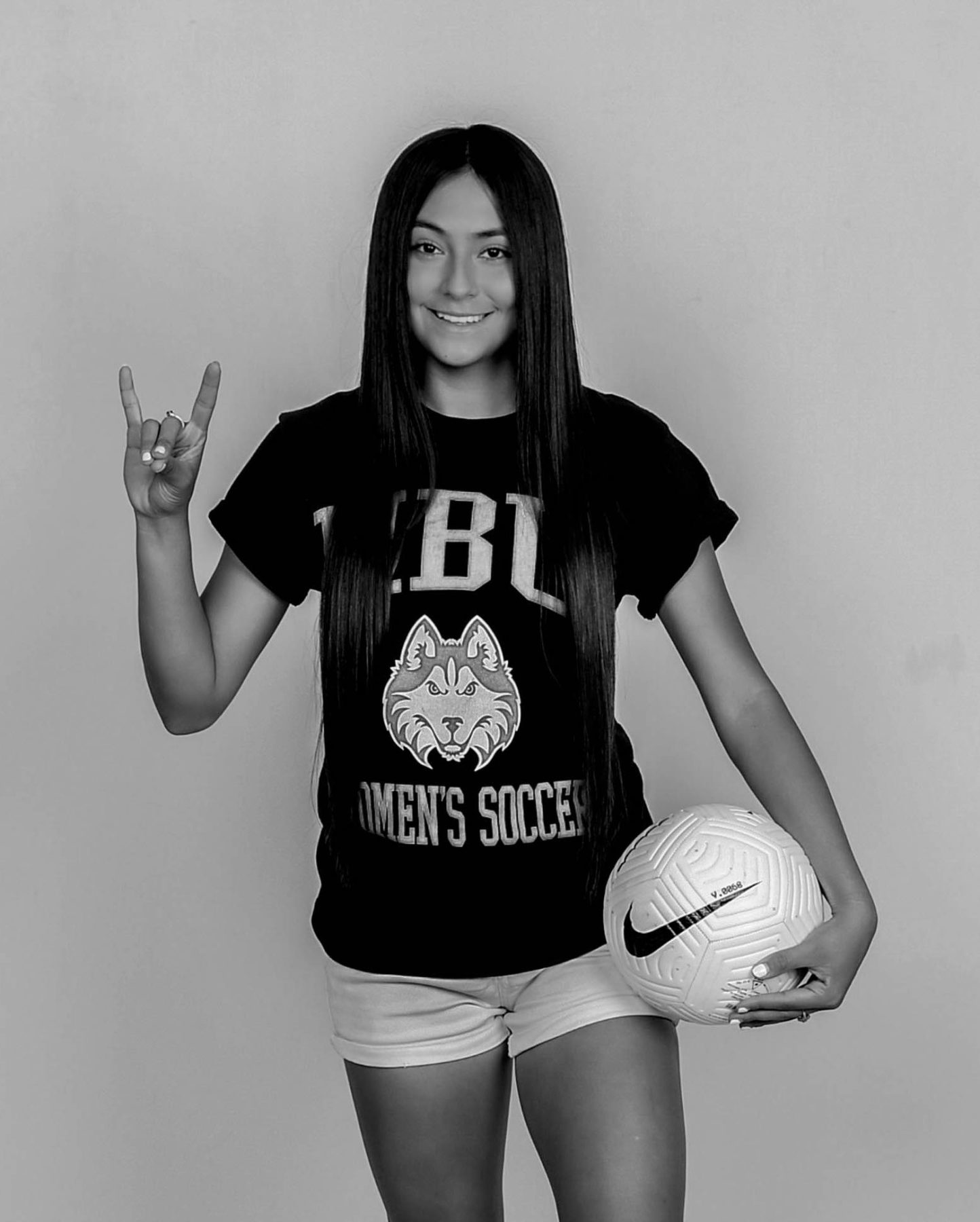
Program Coordinator, Breakthrough Central Texas
2021 has been a year for the record books. Although we may look back in years to come on both the good and the bad, my hope is that we will remember a year where change was championed to establish what “equal access” really means in American life.
As an educator and an athlete, I’ve been pleasantly surprised by the paradigm shift concerning popular tropes of athletes as ‘jocks who only care about sports’ to being considered scholar athletes, well-rounded in their pursuits both academically and on the field, who are almost expected to utilize their platforms to speak on social issues. No doubt that in the wake of COVID-19 and the limitations put on extracurricular activities, we have all taken stock of the impact these experiences make on young students’ social and emotional development.
I’ve been involved in sports since the first grade starting with flag football and basketball. That’s how I met a lot of the friends I still have today. By the time I started playing football and running track at Bowie High School, I had developed a close-knit and diverse community amongst my peers. We came from different backgrounds – black, white, Latinx – it didn’t matter. On the field and the track we competed as one. After graduation, I made the decision to trade my football cleats and track spikes for a coach’s whistle. For the past seven years I have had the opportunity to facilitate the comradery amongst student-athletes from different backgrounds and have played witness to the development of long term friendships forever bonded by the experience of competing together.
It’s easy to perceive things relative to your own experience. This is particularly true of (typically) self-involved middle, high school, and even college-aged students. But when you’re in sports, no matter the level, you are going through the same experience with other people, working toward a shared and common goal. Yes, some will be more gifted than others; others will struggle. But when one person doesn’t do their job, no matter how big or small, it affects the whole team. Everyone has to contribute, and everyone’s contributions affect the team’s trajectory. This teamwork builds undeniable comradery. Having these values of hard work and comradery drilled into my head from a young age made a paramount impact on my life.
After initially attending the University of Houston to major in Biomedical Engineering, I transferred to the University of Texas at Austin, where I changed my major to Youth and Community Studies with a minor in English. That is when my career came to focus. I considered becoming an English teacher to share my love for writing and teach in ways that were “outside of the box”; after all, regardless of your path in life, writing is a skill that can benefit everyone. Concurrently, I made that aforementioned decision to trade in my football cleats and track spikes for a coach’s whistle and started coaching football, basketball, and track at St. Francis School. As I began to plan my future beyond college graduation, I got involved with Breakthrough Central Texas and decided teaching wasn’t the ultimate goal – academic advising was.
As an academic advisor with the organization, I work closely with students, their families, and their educational support team of friends, teachers, and other faculty members who encourage them on the path to be the first in their family to graduate college. I love my job. It’s all about strengthening and building relationships while working toward common goals – the intrinsic values stamped in my heart and mind by athletics.
A part of working at Breakthrough that I truly enjoy is the “all hands on deck” approach when recruiting fifth and sixth graders to join our program. Around January and February each year, Breakthrough staff presents to students about what the organization is and how we want to help them achieve their goals. Following these presentations, we have the opportunity to interview students and watch their faces light up when we ask them “What do you want to be when you grow up?” For male students in particular, the responses are usually to “Play in the NFL, NBA, or MLS” – amazing goals that a number of young people have at that age. Oftentimes, the response to those answers were “That’s great, but what’s your backup plan?” What a discouraging question to pose a young person; it can almost be enough to make anyone throw in the towel.
When I worked with my team to develop a health care camp for Breakthrough students, something dawned on me: students who dream of becoming doctors, lawyers, or professors are seldom posed with the same questions I was: “Do you know how long that will take? Do you know how expensive medical school is? What’s your backup plan?”
No – as a society we typically encourage these professions as more noble or morally redeeming in some way, although like their athletic counterparts they are still lofty aspirations. This truth shook me to the core and made me realize something has to change in the way we, as educators, parents, advisors, and a society, talk to student athletes about their goals.
Luckily, at Breakthrough Central Texas our open-minded program team is always looking for ways to make opportunities more available to students. Upon observation, we noticed that a lot of students, males in particular, who were eligible for our programs declined to participate because of the demanding nature of the middle school summer academy. The primary reason? Conflicts with extracurricular schedules including sports. We refused to turn these students away from the doors that Breakthrough could support them in opening because of their commitment to their team and individual athletics. Instead, we flexed to their schedules with Breakthrough and began to recognize the skills students learn on the field and how they translate on their resumes. This is how the Breakthrough Students with Academic and Athletic Goals (SWAAG) program was born.
Now in its second year, the SWAAG team is more than 125 student athletes strong, including six individuals who compete on the collegiate level. We know this roster will grow. While students’ academic careers are important, we support their dedication to their sports. When questions about careers and college majors come up, we lean into their passion instead of steering them in different directions. There are abundant opportunities in sports professions that go beyond playing – management, psychology, medicine, journalism…the list goes on. In SWAAG, we help students maximize their playing potential and also open their eyes to the wide world of sports careers so they can truly understand the opportunities available to them once they decide to end their playing careers.
I want students to feel like they can achieve anything they want. At Breakthrough, we don’t want to be the ones who say, “You can’t do that.” We want to be the ones who know they can, and support them toward their goals the best we can. Athletes are often targeted by educators and adults for their athletic skills – but we’re going to be in their corner cheering them on all the way to the victorious pursuit of their dreams.
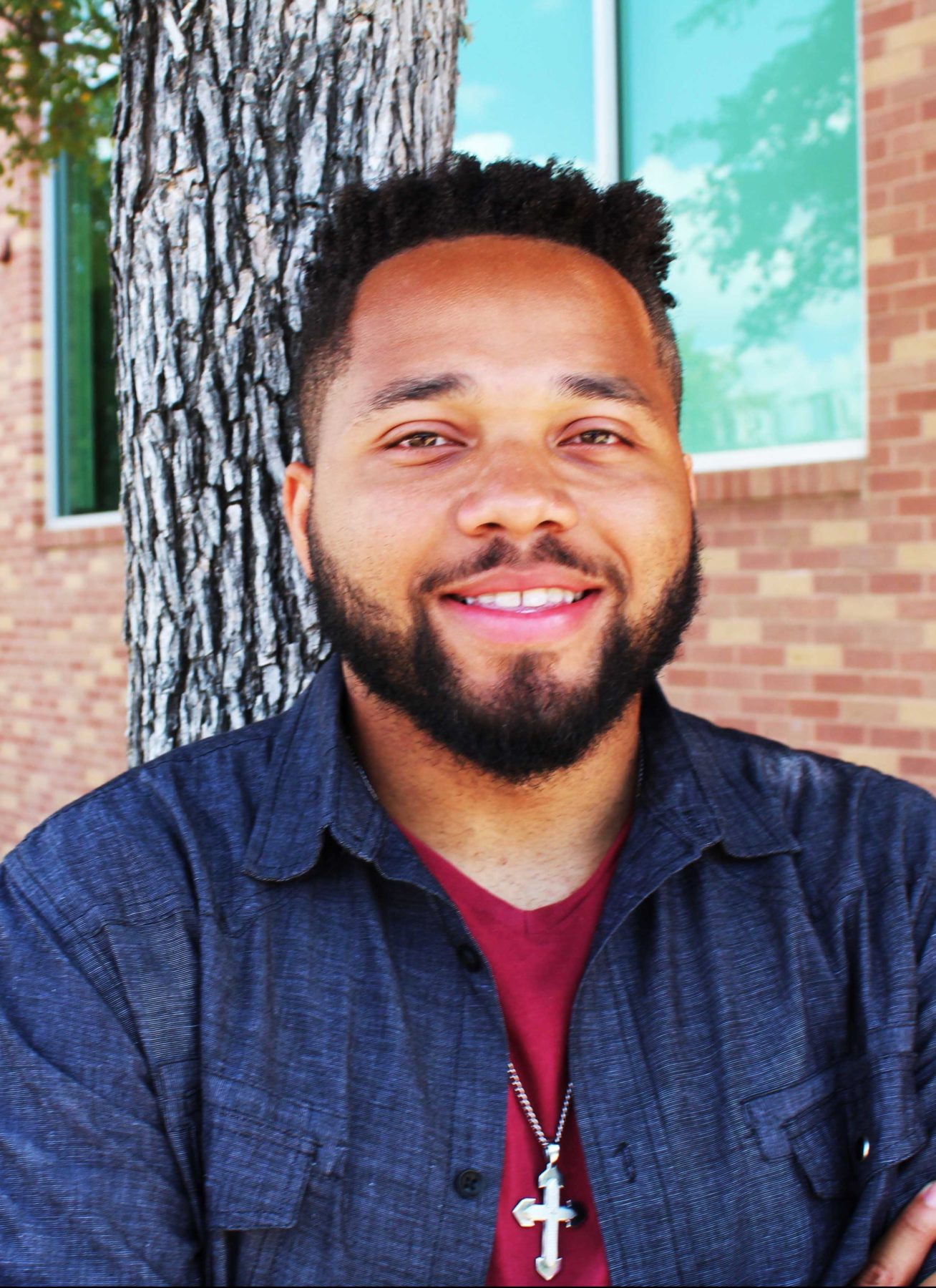
David M. Porter IV is a native Austinite who was raised in education. With his mother having worked in AISD as a teacher and counselor for 30 years and his father being very active in the Austin community through various organizations that work with youth in low-income communities, it only made sense for David to follow the path of education. He started his post-secondary career at the University of Houston to study biomedical engineering but found his love for the field of education and transferred to The University of Texas at Austin where he earned a Bachelor of Science in Applied Learning and Development with a specialization in Youth and Social Services and a minor in English. David’s career with Breakthrough started immediately after his college graduation as an AmeriCorps Summer Teaching Fellow, where he found his love to support students to find and achieve their post-secondary goals. He now serves as a Program Coordinator on the High School team.
In 2018, David was awarded the OneStar Foundation’s 2018 National Service “Make-A-Difference” Award at the 35th Annual Governor’s Volunteer Awards. Outside of his work at Breakthrough, David is an assistant football, basketball, and track & field coach to 5th-8th grade students at St. Francis School in north Austin since the fall of 2014.
